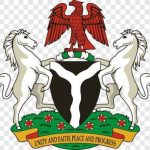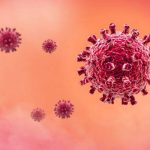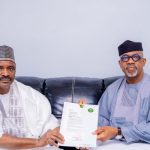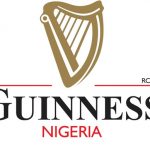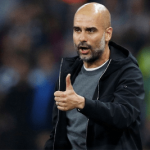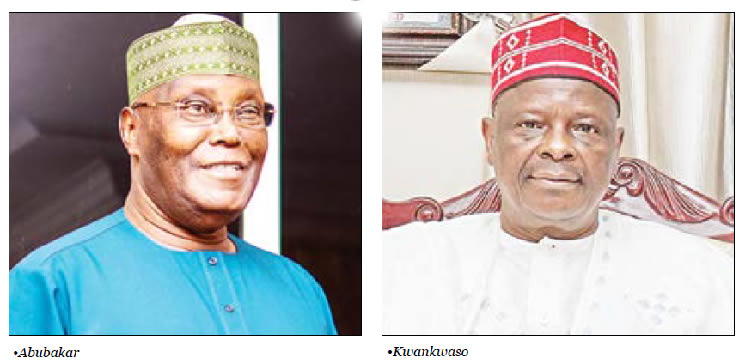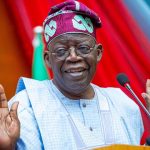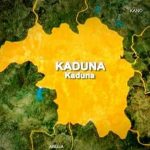By Taiwo Ojoye
As Nigerians prepare to elect a new set of leaders to pilot the affairs of the nation for the next four years, presidential candidates of the Peoples Democratic Party, Atiku Abubakar, and the New Nigeria Peoples Party, Rabiu Kwankwaso, have turned their attention to the northern region, where, expectedly, the largest chunk of votes will come from. It is a fight to the finish, with both men boasting huge pedigrees and influence in the political chess game, DIRISU YAKUBU reports
With a handful of weeks until the presidential election, the gladiators are intensifying their campaigns in a bid to woo as many voters as possible to their tents.
The February 25 presidential election is significant and unique for many reasons. For the record, it’s the first major general election to witness the deployment of the Bimodal Voter Accreditation System and the first to be held in compliance with the provisions of the Electoral Act 2022, among other reforms and initiatives by the Independent National Electoral Commission.
Dubbed a “four-horse race” featuring Atiku Abubakar, Bola Tinubu, Peter Obi, and Rabiu Kwankwaso of the Peoples Democratic Party, All Progressives Congress, Labour Party, and New Nigeria Peoples Party respectively, the electoral contest also carved out another uniqueness for itself as it pitted Atiku and Kwankwaso against each other in the North while Obi slugged it out with Tinubu for majority votes in the South.
Atiku, a former Vice President of Nigeria (1999–2007), is a vastly experienced politician and a popular figure both north and south of the Nigerian divide. Kwankwaso, a two-time governor of Kano State and former Minister of the Federal Republic, is somewhat of a political colossus in his own right, especially in the North. While in office as governor, he succeeded in building a mass movement known as the Kwankwasiyya, a movement aimed at the social awakening of the masses to strive toward endless possibilities. To stand apart from the crowd, they wear red caps in the mould of their leader, Rabiu Kwankwaso, who continues to impress with his speeches at various campaign rallies across the country.
For Atiku or Kwankwaso to win the election, pundits agree that they must put on a stellar performance in the North. Aware of this reality, both men, relying on the energies of their foot soldiers, are traversing the length and breadth of the region where the electorate will gather to vote a few weeks from today, to sell their manifestos.
The PDP candidate, unlike his NNPP counterpart, has the singular advantage of having governors Bala Mohammed, Darius Ishaku, Adamu Fintiri, and Aminu Tambuwal of Bauchi, Taraba, Adamawa, and Sokoto States, respectively, in his ranks, and all four are already mobilising men and resources in his favour.
Only recently has Kwankwaso’s quest for the highest elective office in the land suffered a dent when about 700,000 NNPP members defected to the PDP in Bauchi state. That singular development, according to Mustapha Shehu, Director General of the House-to-House Campaign for Atiku/Okowa in Borno State, is an indication of the influence the former Vice President wields not only in the North but across the country.
“What Atiku has going for him are too numerous to mention. He is the star in this election, and that is why what happened in Bauchi did not come as a surprise. You will recall that the Northern Liberal Democratic Movement recently called on Dr Kwankwaso to step down for Atiku. The truth is, the former Kano State governor is eminently qualified to preside over this nation, but we believe this is Atiku’s time. “The Bauchi State Governor, Senator Bala Mohammed, deserves some recognition for his tireless work for the party,” he said.
Although, Kwankwaso is hugely popular in the North, Shehu does not see much of this translating to votes apart from Kano, where his larger-than-life image is likely to play a part in who gets the largest chunk of the 5,921,370 votes in that state. Even in Kano, the PDP chieftain told The PUNCH that Kwankwaso would have a stiff battle on his hands, a fight pitting him against the incumbent governor, Abdullahi Ganduje, and a former governor of the state, Ibrahim Shekarau, both belonging to different political parties.
He said, “Kano will be split into three between Kwankwaso’s NNPP, Ganduje’s APC, and Shekaru’s PDP. They are all political heavyweights in Kano, and the votes for the presidential election are likely to be split evenly amongst them. It is at the governorship level that the election will be tough for all parties, but it is expected that the NNPP and APC will be the major contenders. In other places in the North, the presidential contest is likely to be between APC and PDP, but with the bad feelings over APC policies pervading the region, it is likely that PDP will prevail. Recent presidential candidate appearances indicate that Atiku is more popular in the region than both Kwankwaso and Tinubu. To talk of the North as a whole, Atiku, not Kwankwaso, is the man. I am not aware of any candidate who has the kind of structures that Atiku has in the North. We are talking of solid structures down to the local government areas and the wards. No matter how far he goes, Kwankwaso can only trail behind Atiku, and this is a fact.”
Joining the conversation is Charles Aniagwu, spokesman for the Atiku/Okowa Presidential Campaign Organisation. According to him, Kwankwaso has been able to distinguish himself as a politician to reckon with in the past few years. However, Aniagwu maintained that no other candidate stands a better chance than Atiku, whether in the North or the South.
“We don’t know of any candidate with the same capacity as Atiku. Yes, the former governor of Kano State is a well-known political leader, but Atiku is in a class of his own. Let us not restrict this narrative to the North because Atiku is not contesting to be governor of Northern Nigeria. We are confident that he will pick up a majority of votes in the 36 states of the federation and the Federal Capital Territory to emerge as the next president of Nigeria,” he said.
Hajiya Naja’atu, a former director in the APC Presidential Campaign Council who recently endorsed Atiku Abubakar over Bola Tinubu, stated that the current vote race between the two men is one that only Atiku is destined to win.
“You see, there are not many battles in the North between Atiku and Kwankwaso. I know these two men, and I recently stated how close I am to Kwankwaso. But in this game, it takes more than political sloganeering to get votes. Despite his popularity and huge votes, Muhammadu Buhari never made it until he built the necessary political structures to penetrate places that were hitherto inaccessible to him. Yes, loyalists and supporters of both men are working very well, telling voters why they should support their candidates, but Atiku has been on this mission for a long time. He knows the game better than Kwankwaso and certainly has more robust structures, either in the North or the South,” she noted.
For the National Chairman of the NNPP, Professor Rufai Alkali, Kwankwaso has done his homework well, noting that even before the campaigns commenced in September last year, he had started reaching out to states across the federation.
“The good thing is that the NNPP is way ahead of all the other political parties in terms of our strategy to reach out to Nigerians. I think unfortunately, because our people are used to seeing a lot of drama and razzmatazz—that kind of showmanship—they don’t even see when politics is being played in a very sophisticated manner.
“Over five months ago, Kwankwaso started going around the country, and what he’s been doing is massive engagement with the people. He reached out to Nigerians and established contacts with them, getting to know their challenges even before the electioneering process began. Senatot Rabiu Kwankwaso has not been sleeping for the past five or six months. He has been to places where his opponents are struggling to reach,” he stated.
Painting a portrait of how things would pan out for the two candidates, Solomon Sule, a long-time ally of the former Kano State governor, has this to say: “The North-East is Atiku’s playground; the North-West is for Kwankwaso. The Kwankwasiyya Movement started nearly a decade and a half ago, and it cut across the neighbouring states of Jigawa, which used to be part of Kano, Kaduna, and Kebbi. Kano and Kaduna have the largest votes coming from the North as a whole. Kano trails only Lagos in terms of the highest number of registered voters, which is about 6 million voters.
“The Kwankwasiyya Movement has been working in people’s lives for over a decade. The mass marriages it sponsors make it a unique kind of grassroots movement. They have been giving scholarships to people who are not just from Kano but from other neighbouring states. The movement is solid and is guaranteed to give Kwankwaso bloc votes. In the North-West, Kwankwaso will take 60 per cent of the votes, leaving the likes of Atiku, Peter Obi, and Bola Tinubu to share the remaining 40 per cent,” he said.
Giving a reason for the spread of the movement, Mr. Sule added that “when Kwankwaso had issues with Ganduje, he relocated his political base from Kano to Kaduna state. So, the impact of the Kwankwasiyya Movement is felt in Kaduna. Even with a large Christian population, the NNPP and the Labour Party are going to be the major beneficiaries of Kaduna. Katsina State will be for the PDP and NNPP because the issue of banditry has made the APC very unpopular there.”
Source: The Punch

